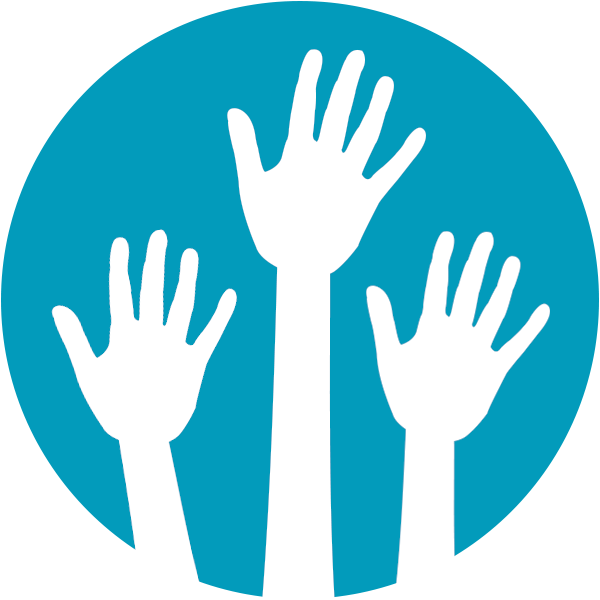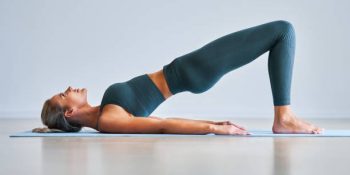
EXERCISE AND MOVEMENT DISORDERS – DYSTONIA
February 18, 2020
Dystonia is a movement disorder characterised by involuntary muscle spasms and tremors which causes abnormal twisting of parts of the body. Dystonia affect almost any part of the body and for some people these abnormal twisting’s can be permanent while for others they can frequently change. Dystonia affects about 70’000 Australians and can result in both significant physical and social disability.
Exercise can help manage and alleviate Dystonia symptoms including poor balance, rigid and abnormal posture, reduced mobility and low activity stamina. Exercise as a treatment for people with Dystonia can also improve their ability to complete activities of daily living and quality of life.
Goals of exercise should revolve around preserving and improving individuals functioning. Assessment of individuals with Dystonia can help establish:
- Optimal posture
- Strength and flexibility requirements of the musculoskeletal system for best functioning
- Education on mind-body connection and role of exercise in stress management
Every individual is different which is why it is recommended you seek GP advice and have an Exercise Physiologist assess your condition personally. Below are some safe and general tips to help manage your symptoms.
- Keep an eye on your stress levels.
- Try to maintain what you feel is correct posture both whilst being active and at rest.
- Ensure you wear comfortable and supportive footwear while moving around.
- Try low impact exercises such as swimming, yoga and Pilates.
- Know your fitness level and know when you should take rest breaks.
For more personalised advice and further information, you can speak to one of our Exercise Physiologists.
Other News
Why Runners should do Pilates
Why runners should do Pilates? Simple, it will make you a better run...
June 23, 2023
Managing POTS through exercise
Struggling with exercise since being diagnosed with POTS? This one’s for ...
April 24, 2023
Exercise in Stroke Rehabilitation!
Strokes occur when blood supply to your brain is stopped. This can be tempo...
March 10, 2023







